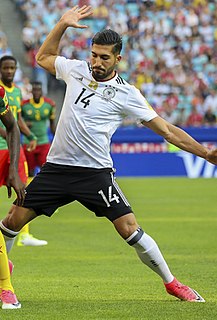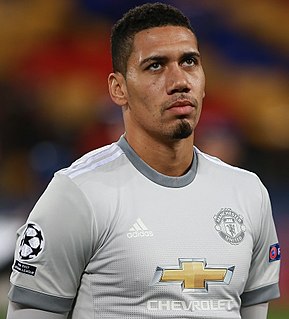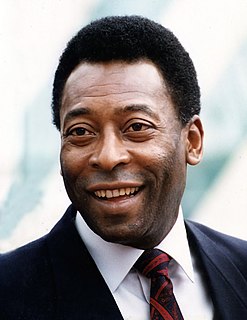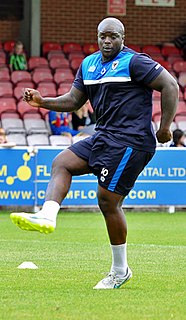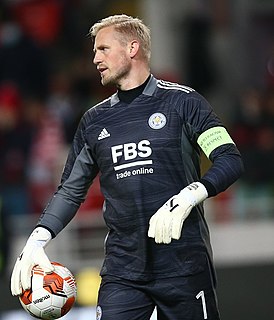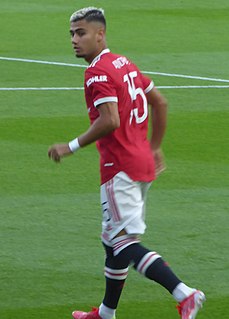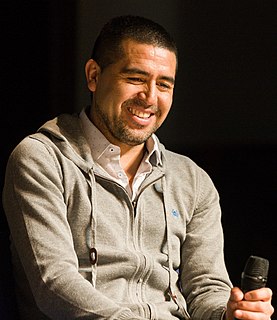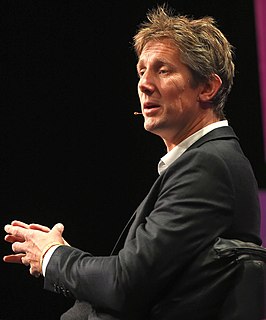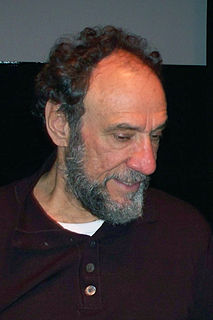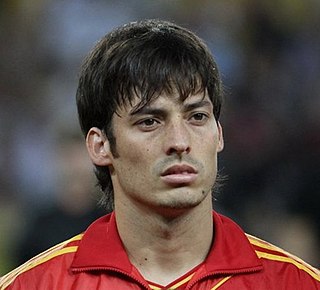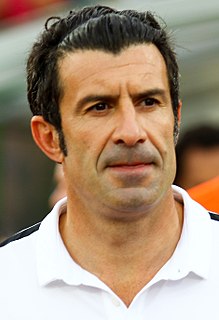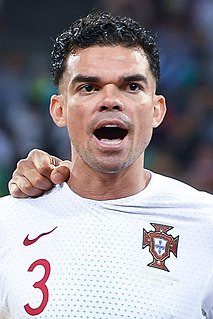A Quote by Emre Can
You can learn being off the pitch. If you are sitting in the stands, you can see how the whole team plays.
Related Quotes
You do see very few English players going abroad and those that do are largely good players otherwise they wouldn't have gone, but I feel a lot of their downfall is in the language. On the pitch you can learn the different basics of 'left,' 'right' and 'behind you' but off the pitch you want to have that influence around the team.
The one who plays this game the best is Iniesta: he knows exactly when to go forward and when to drop back. He picks the right moment to do everything: when to dribble, when to speed things up and when to slow things down. And I think that's the only thing that can't be taught or bought. You can learn how to shoot and how to control the ball, but being aware of everything that's happening out on the pitch - that's something you're either born with or you're not.
If the pitch starts with a sob story, I'm out. If the pitch talks about personal issues, I'm out. If the pitch starts off with how big the market opportunity is, I'm out. If the pitch tells me what is unique about the product, how it can make a profit, and it's an area where I have expertise, I will read on.
